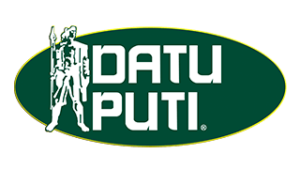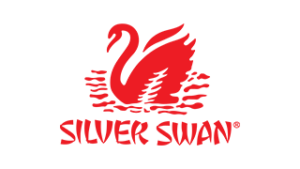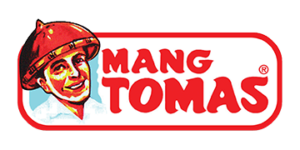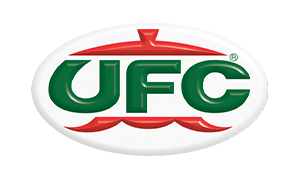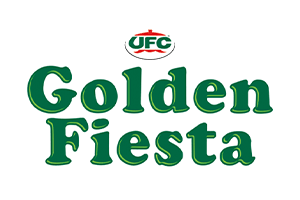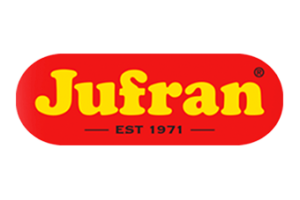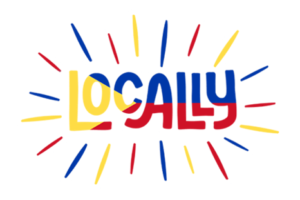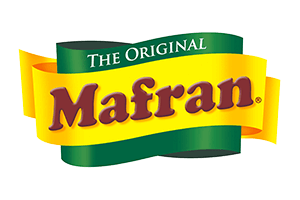The first quarter of 2020 saw the entire world grinding to a halt when COVID-19, a deadly and more virulent disease from a new strain of coronavirus began making its way around the globe.
The Philippines had its own version on the standstill, implementing an Enhanced Community Quarantine (ECQ) on the different parts of the country.
During this time, many businesses were compelled to stop operations on concerns over worker health and safety. But while these decisions were prudent, there were a few establishments that had to stay open by necessity as they provided basic human needs.
Among the establishments considered essential during the ECQ was the leading producer of the country’s most beloved condiments for the past four decades, NutriAsia (NAI).
NAI kept its factories running to make sure they provide enough supplies for the millions of Filipinos during the quarantine. With this, the company took extra steps to ensure employee safety and well-being while it remained operational amid the lockdown.
NAI saw how the pandemic was spreading in its early stages, and asked its people to avoid non-essential travels; distributing COVID-19 information and educational materials to share with friends, family, and the community from as early as January.
But as a manufacturing company, it had to do more than disseminate health pointers.
With ECQ guidelines being handed down by the government, NutriAsia’s business operations had to be adjusted.
These adjustments included a reduction on the number of people per shift, reshuffling of seating arrangements, and cycling of times to use common facilities to encourage proper physical distancing. Proper hand sanitation was emphasized and temperature checks required.
The company identified “at-risk” employees, protecting those who were pregnant and those with compromised immune systems were asked to stay home to make sure they stayed safe.
Typical apparel of lab coats, face masks, and hairnets gave way to the more rigorous PPEs (personal protective equipment). Plant personnel were allocated vitamin C and multi-vitamin supplements to boost immune systems, drilled on safety and disinfection procedures, and provided with free shuttle services for more safer, sanitary modes of travel.
Non-frontline employees were permitted to work remotely from the safety of homes.
NAI arranged regular medical checkups with company doctors – at least every other day for plant workers and “call-in consultations” for telecommuters. These consultations included employee dependents.
The company also set up a financial reassurance and special incentives program to help keep employees afloat during the health crisis.
To lessen expenses, free meals were handed out to all plant personnel who reported for work. The company advanced payroll and released April bonuses ahead of schedule to give employees some measure of monetary security.
More importantly, it awarded special cash incentives to those who volunteered for the “lock-in” crew that maintained the roll out and distribution of NutriAsia products not just here but across the globe.
Meanwhile, to uplift spirits and retain some sense of normalcy, NAI developed programs and fun activities such as the NAI Kamustahan at Kwentuhan,” a once a week hi-hello activity via Zoom led by the president herself; daily Good Morning, NutriAsia! greetings with topics around mental, spiritual, socio-emotional, and physical wellness; the Virtual Games!, which were “Win-From-Home” activities; and the Learn-From-Home programs conceived by NAI Human Resources to assist in the continuous development of personnel.
Lastly, it is commendable how keenly NAI is aware that the impact of COVID-19 is not felt in isolation. Apart from sacrificing substantial time and effort, the company and its employees willingly gave, in equal amount, cash and kind to its partners, and most especially to those whose plights during the pandemic were not as lucky.
NutriAsia views itself as part of a long supply chain that supplies the basics, like food and jobs. But this ‘new normal’ may be for some time and NutriAsia realizes that an integral link to that chain is its most valuable asset: its people.
END
Founded in 1991, NutriAsia Group is a powerhouse of beloved, timeless, and iconic Filipino food brands that include Datu Puti, Silver Swan, Mang Tomas, UFC, Papa Catsup, Jufran; UFC Cooking Sauces and Meal Mixes; Golden Fiesta Cooking Oil; and Locally Blended Juice Drink and Merci Buco Coco water.
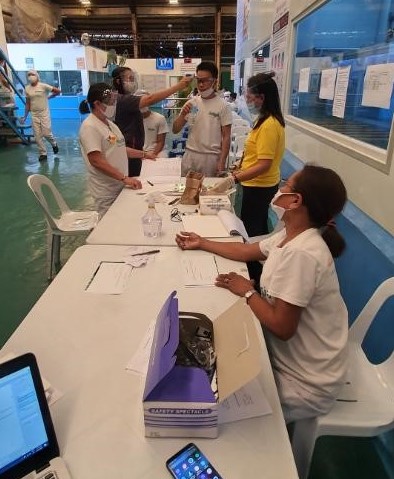

NUTRIASIA COVID-19 PROTOCOLS. (Left:) NutriAsia employees are required to get scanned for high temperatures when reporting for work at the plant. (Right:) Employees maintaining social distancing are lined up to receive their free allotment of vitamin C and multi-vitamins as a way to boost their immune system during the health crisis.

